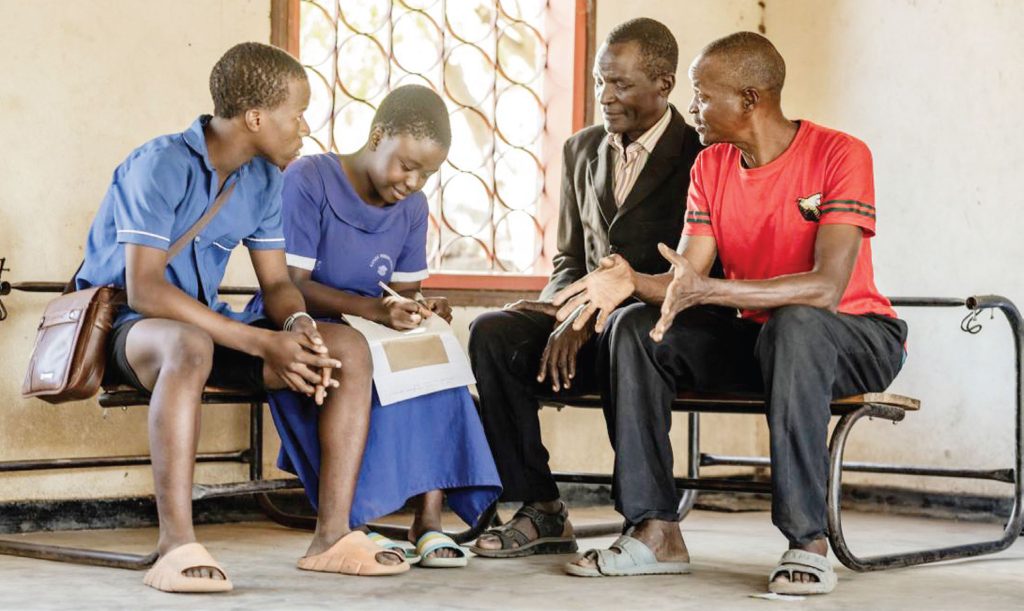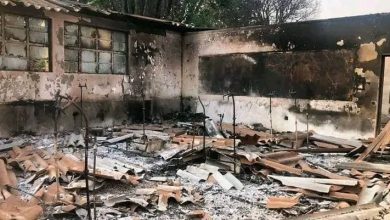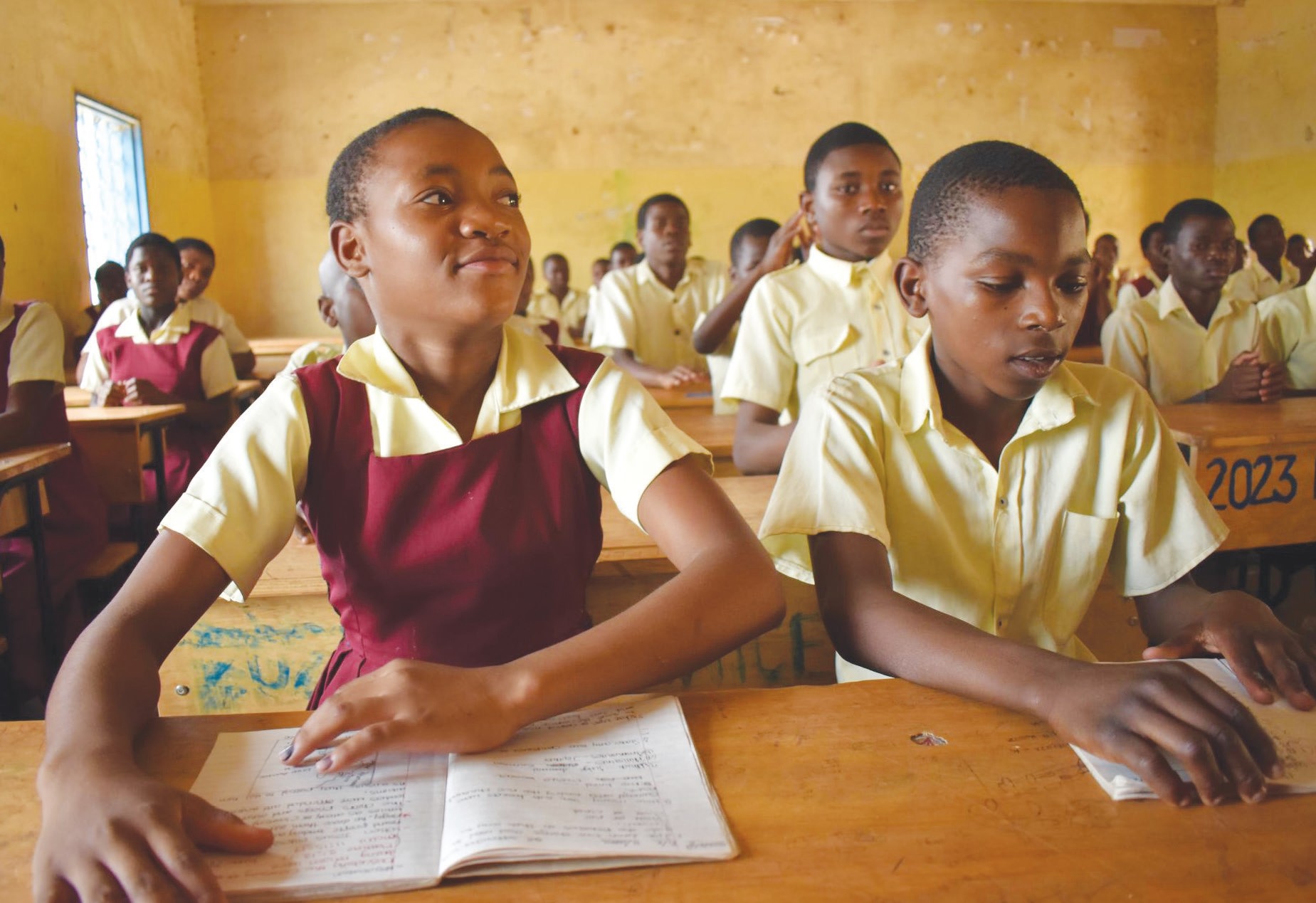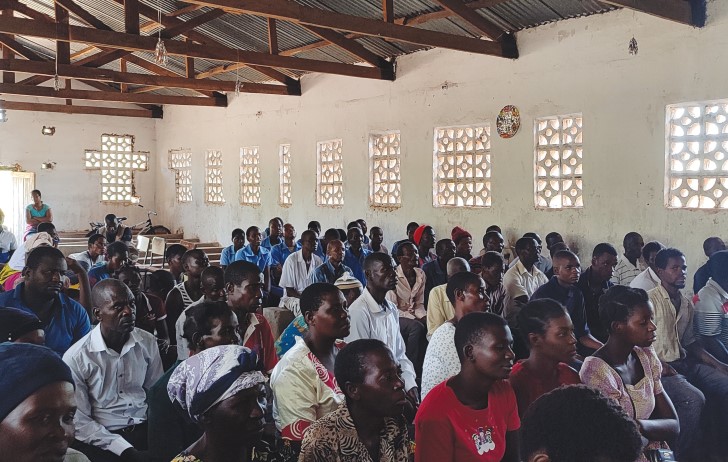Learners call shots in school management
Charity Mseka, from Kati Village in Salima District, is soft-spoken and slow to anger.
The calm demeanour has earned the Standard Seven girl a seat at the helm of Kapila Primary School learners’ council, which comprises six girls and six boys.

The council represents children’s interests in its interactions with teachers and the school management committee (SMC).
“It was surprising when teachers chose me as a vice-president in January 2023 and promoted me to the top in May after our president Cosmas William’s Primary School Leaving Certificate of Education examinations,” she states. “This has made me a voice of the voiceless learners.”
Charity ensures that learners respect school rules, but also refuse and report child abuse and rights violations.
“Our council mainly protects children’s rights and well-being so that we can stay in school and achieve our dreams,” she says.
Early this year, the learners’ council reported two teachers for coming to work late and knocking off without showing up in class.
“The teachers were not coming to teach, but for meetings and personal errands. We reported them to the headteacher and the SMC,” says the aspiring “lawyer for the poor”.
The concerns about the sneaky teachers flooded a suggestion box placed in an open playground as many learners were sick and tired of spending hours without learning.
“The headteacher had to act,” says Enoch Anderson, the boys’ head prefect. “He ordered the teachers, who were absent without official leave, to return to work instantly.”
Enoch believes that children need a strong voice to hold teachers to account.
“Sometimes, they shield each other at our expense,” says the boy, who dreams of becoming a police officer.
The students’ council is part of the reforms introduced by the United Nations Joint Programme on Girls Education to make schools safe for every child to learn and achieve their full potential. Unicef supports the initiative under the programme jointly implemented with UNFPA and the World Food Programme with funding from the Royal Norwegian Government.
Charity and Enoch sit on the SMC, where they participate in making big decisions, including drawing school improvement plans and budgeting school improvement grants.
“The learners’ participation gives children a say on school management and spending, which was once dictated by adults. They tell us children’s aspirations and veto decisions that don’t serve their interests,” says headteacher Francis Chautsi.
SMC chairperson Sitima Lifa says it is crucial that learners’ representatives be at the decision-making table when topics for the good of children are tabled for debate.
He says: “Advancing the voice of the children in SMC helps the students’ leaders to not only become better leaders but also share learners’ concerns about learning conditions, treatment from teachers and parents.
“They also alert us to child abuse by people who are supposed to protect them.”
When a speaker, especially the children’s representatives, takes a turn, the rest of the committee listens.
“The children speak their mind and we hear them out in silence. They set the agenda and give us feedback. Where necessary, we give them tips to share with their peers to create a better learning environment for all,” says the SMC leader.
He salutes the students’ council for tackling teachers’ absenteeism without fear or favour.
“The learners’ representatives suggest solutions to what children want or are going through. We share insights and find a common ground for the good of the children. They speak freely and we respect their say,” Lifa states.
The council’s persistence to hold teachers and parents to account has created a learning environment where children are treated with dignity and their say counts, he says.
“Their demands for fair treatment and accountability remind us that no one is above the law. We work together to tackle the challenges faced by children,” Lifa explains.
The students’ council rapidly informs school authorities about the hardship of boys and girls at risk of quitting school. They work with teachers and a mothers’ group to bring back dropouts, including teen mothers and girls who marry young.
The writing on the staff room wall shows that about four percent of learners at the school with an enrolment of 960 quit, mainly due to teen pregnancies and child marriages.
Nearly half of women in Malawi marry before their 18th birthday and about one in three become mothers before reaching 19, according to the Malawi Demographic and Health Survey of 2015.
Says Lifa: “When the learners inform us about dropouts, we work closely with teachers and mothers’ groups to bring them back to school.
“We dissolve illegal marriages involving a boy or girl aged below 18, counsel the affected child and bring them back to school in line with the national readmission policy.”





